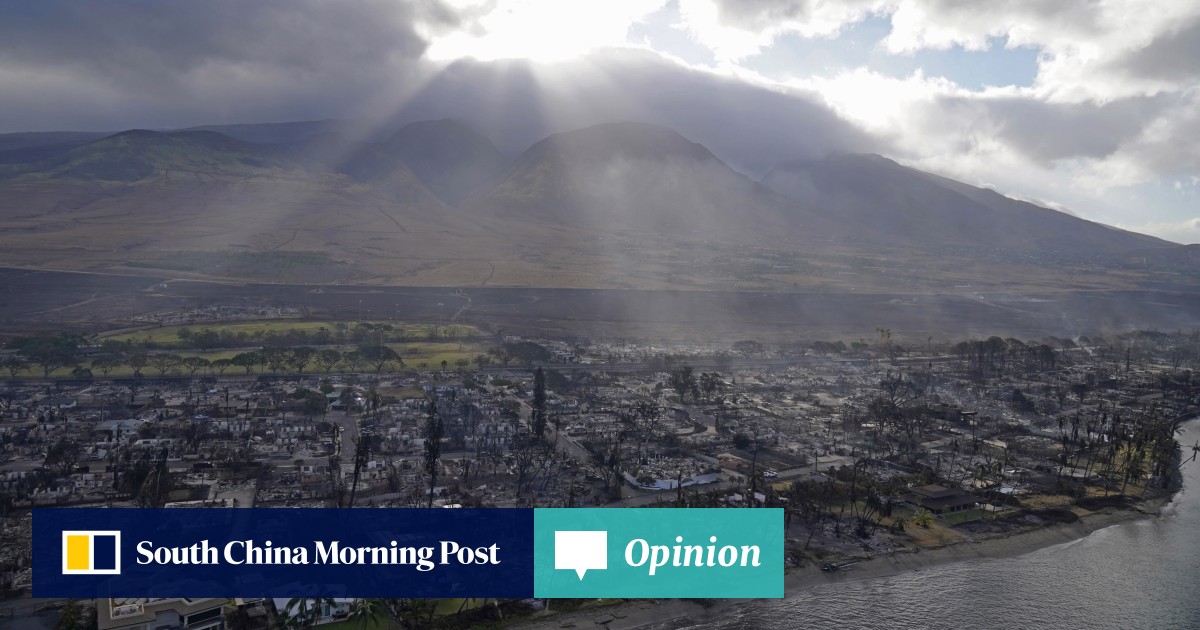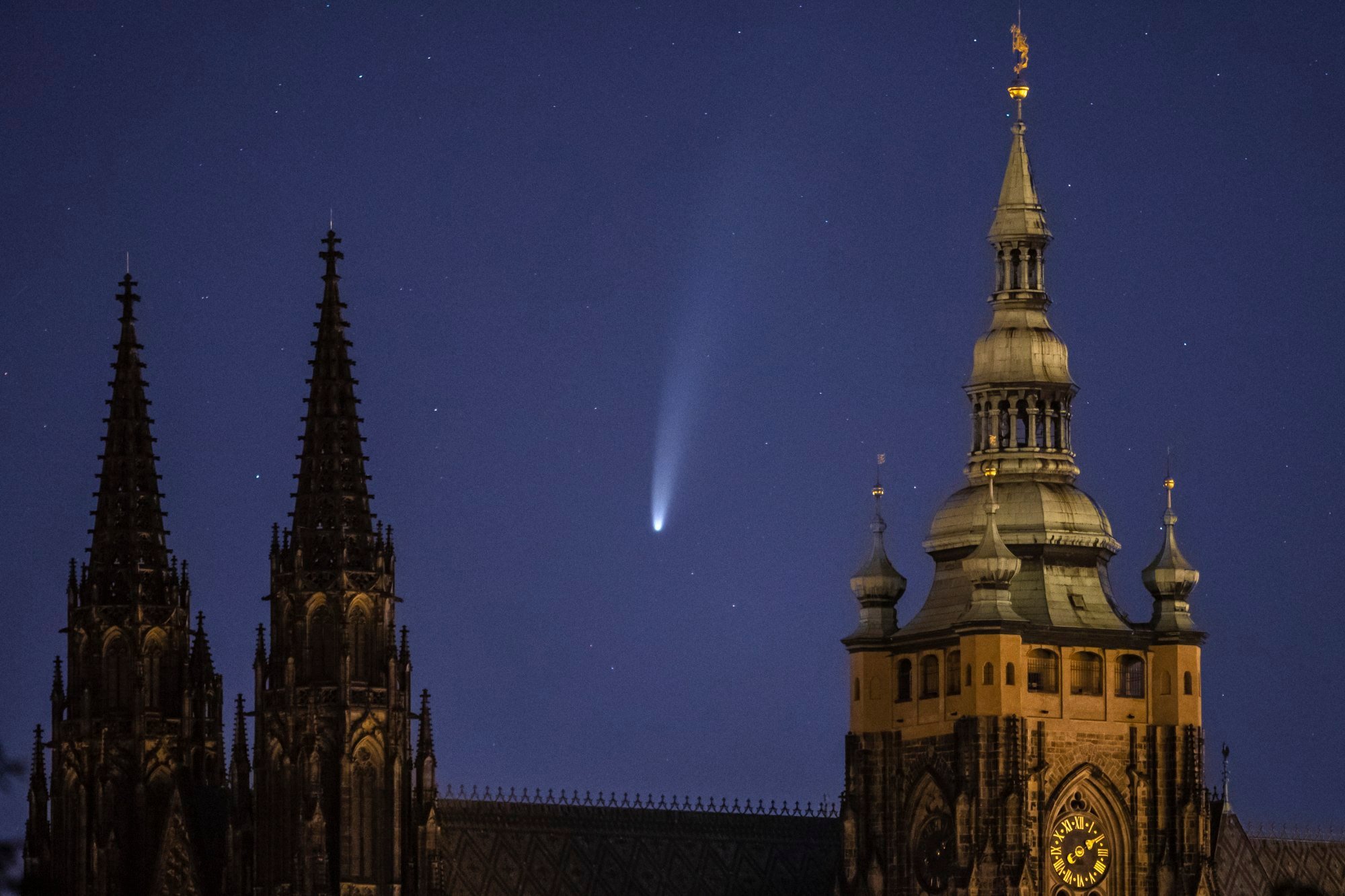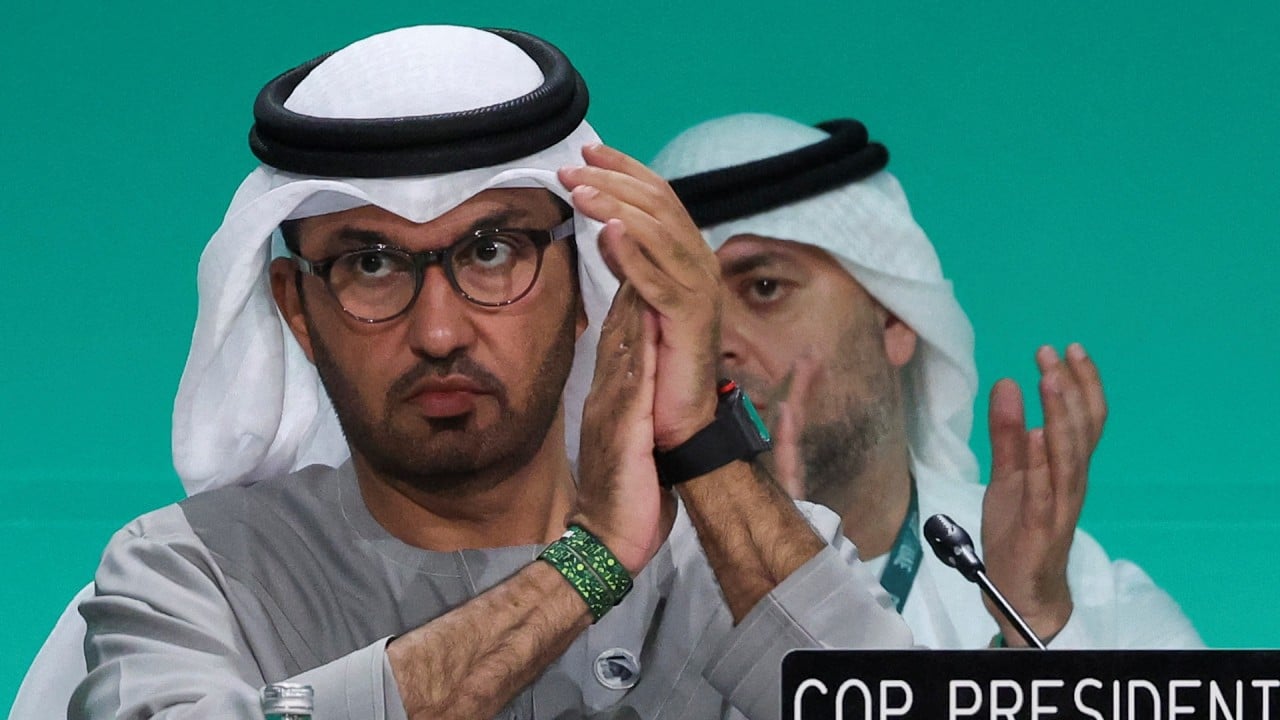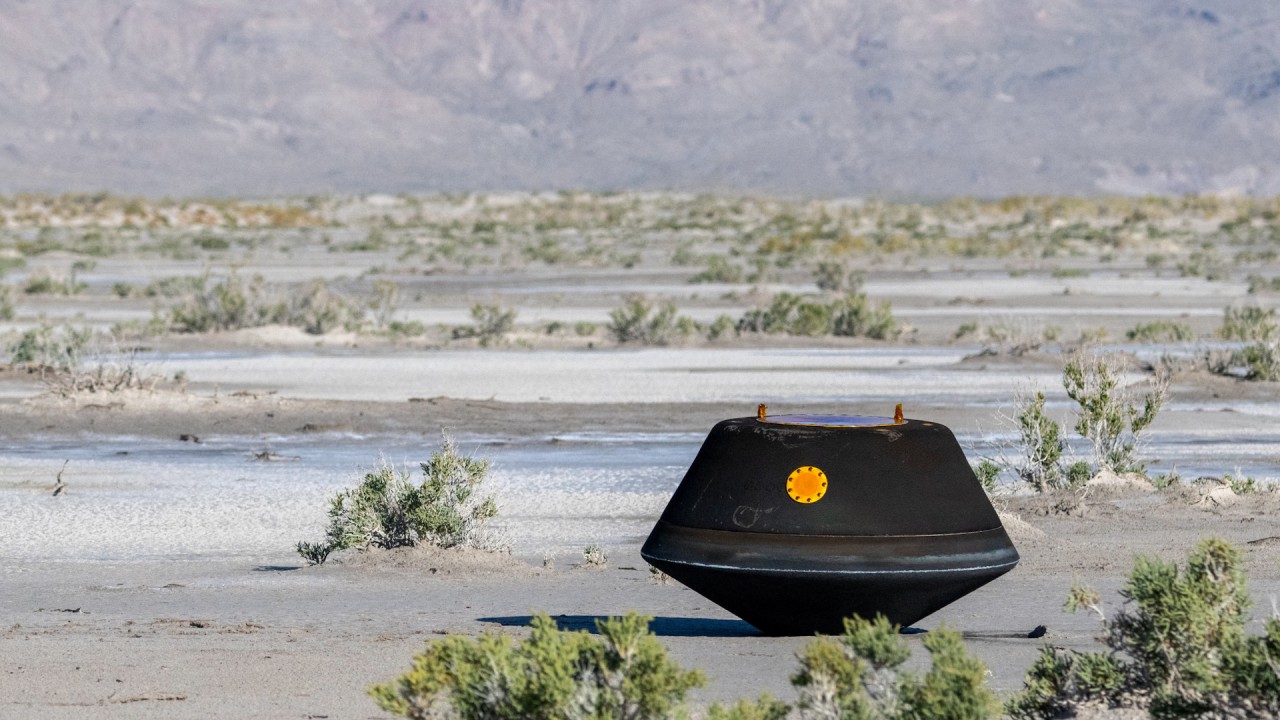
06 Jan Opinion | Faced with war, climate change and threat of AI gone wrong, world needs infusion of idealism
This is not to suggest that all our problems can solved by bowing down and asking forgiveness from a divine creator for our sins and presumption. But respect for a creator or entity greater than ourselves can unleash enormous positive energy.
They nevertheless dedicated their lives to the effort because they believed in something beyond themselves whose value would persist after them. Havel might have said the same of great works of literature, art and music whose creators dedicated them to a higher being.

To read the many, mainly negative prognostications over the New Year’s holiday, destructive rather than constructive impulses will dominate 2024 and beyond. We will be submerged by conflict rather than rise above it, and we will neither seek nor see any kindly light to lead us out of the encircling gloom
We might be headed for such a fall, not because we have presumed to use our logic and reason to challenge the idea of a divine order of things but because we have used those faculties to drive out and ridicule belief or faith in positive forces beyond our comprehension. We mistake defeatism for humility.
Nature abhors a vacuum. We have allowed the space created by the expulsion of belief in higher things to be filled with negativity, or perhaps evil.
Whether we call it belief in God or a guiding external force or simply superstition, inculcating faith or the conviction that we are accountable to someone or something greater than ourselves can both defeat nihilism and provoke great creative actions.
This is necessary in the realm of politics as well as in other areas of public life, despite the fact that politicians are nominally accountable to voters and taxpayers. This does not of itself guarantee good governance, however: corruption and malfeasance still thrive, laws notwithstanding.
Where laws and regulations do not apply directly, we rely upon the exercise of fiduciary duty by practitioners to protect our interests. Yet such constraints are mortal and permeable. They appeal to a sense of duty and not to ideals or belief in something above and beyond ourselves.
‘Some people ignore what I’m saying’: youth climate fears need to be heard
‘Some people ignore what I’m saying’: youth climate fears need to be heard
Quis custodiet ipsos custodes? – or “who will guard the guards themselves?” – the Roman poet Juvenal once asked.
Who indeed? If leaders do not have faith in a higher “something”, they can only fall back upon their own mortal, fallible selves. The state of the world does not suggest this is a sustainable paradigm.
We need a little less pride and much more humility in the face of creation. We need to ask for help to guide and inspire us in the pursuit of a better future. This is not just sermonising, sanctimoniousness or superstition. It is a cry for help.
Anthony Rowley is a veteran journalist specialising in Asian economic and financial affairs


